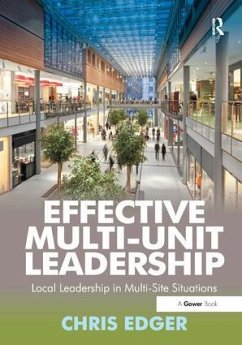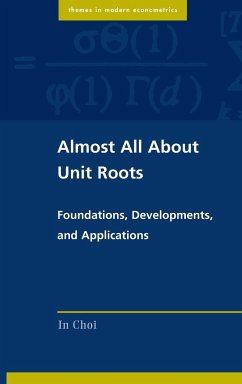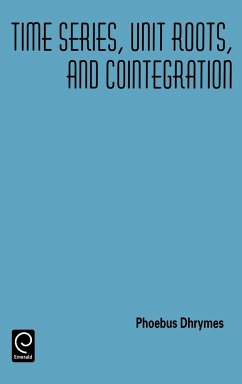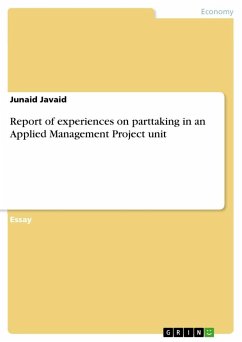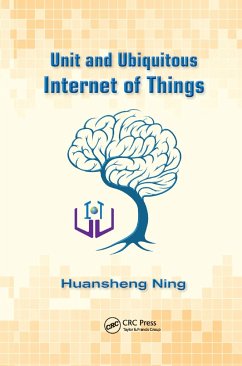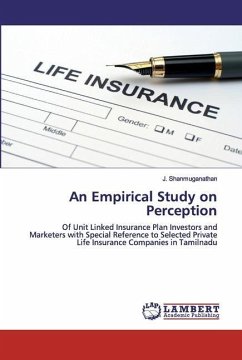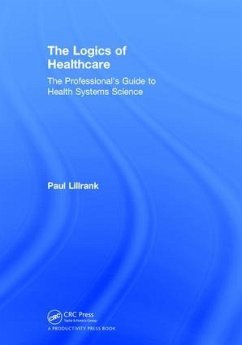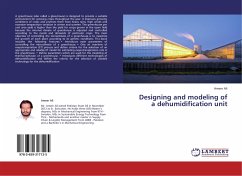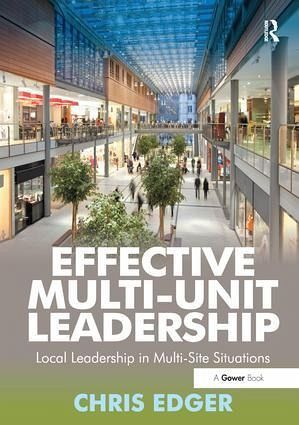
Effective Multi-Unit Leadership
Local Leadership in Multi-Site Situations
Versandkostenfrei!
Versandfertig in 1-2 Wochen
70,99 €
inkl. MwSt.
Weitere Ausgaben:

PAYBACK Punkte
35 °P sammeln!
There is a growing recognition of the increasing importance of 'local leadership' practice within multi-unit service contexts, given the threat to costly land-based retail infrastructures from smart technologies. Multi-site organizations are economically significant, but currently under-researched and poorly understood. In Effective Multi-Unit Leadership, Chris Edger looks at that key managerial cohort in the retail, hospitality and service sectors operating between the centre and unit - the Multi-Unit Leader (MUL). This district, area or regional manager, is tasked with maximising revenue and...
There is a growing recognition of the increasing importance of 'local leadership' practice within multi-unit service contexts, given the threat to costly land-based retail infrastructures from smart technologies. Multi-site organizations are economically significant, but currently under-researched and poorly understood. In Effective Multi-Unit Leadership, Chris Edger looks at that key managerial cohort in the retail, hospitality and service sectors operating between the centre and unit - the Multi-Unit Leader (MUL). This district, area or regional manager, is tasked with maximising revenue and profit from a complex and ambiguous positional space, being sandwiched between the centre and unit, facing the MUL paradox: how do they motivate unit managers and team members to provide great service whilst simultaneously fulfilling the Centre's compliance agenda? Based on extensive case study research across a range of multi-unit service organisations, Edger advances an Integrated Model of MUL that elucidates how key activities (sales-led service, systems and standards - 3Ss) are driven through behavioural practices (commitment, control and change - 3Cs) underpinned by MUL personal characteristics (expertise, emotional intelligence and energy - 3Es). Central to this model is the notion of 'portfolio optimisation through social exchange' (POSE) where MULs apply 'local leadership', leveraging their portfolios through the deft application of exchange-based currencies. Replete with case studies, Effective Multi-Unit Leadership will appeal to high potential unit managers; existing multi-unit leaders who want to improve their performance levels; and retail/service directors wishing to train and coach their direct reports; as well as business educators and those with an academic interest in organisational studies.





